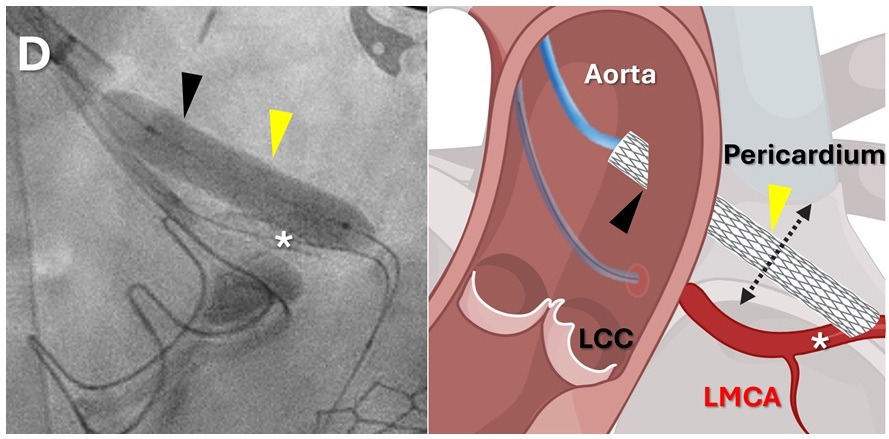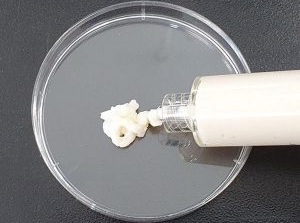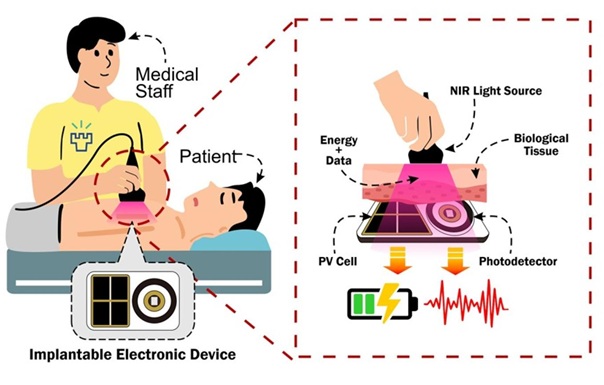Machine Learning Could Reduce Hospitalizations by 30% During Pandemic
|
By HospiMedica International staff writers Posted on 18 Sep 2024 |

During the COVID-19 pandemic, healthcare systems were pushed to their limits, and many facilities relied on a first-come, first-served approach or a patient's medical history to determine who received treatment. However, these methods often fail to consider the complex interactions between medications and patients, potentially overlooking those who could benefit the most from treatment. Now, new research suggests that machine learning may be a more effective way to allocate scarce treatments to vulnerable patients during public health crises.
The new study by researchers at the University of Colorado Anschutz Medical Campus (Aurora, CO, USA) highlights the potential of machine learning to more efficiently allocate medical treatments in times of shortage, such as during a pandemic. The research demonstrated that machine learning, by analyzing how different patients respond to treatment, can provide more accurate, real-time information to doctors, health systems, and public health officials than traditional allocation methods. Published in JAMA Health Forum, the study revealed that using machine learning to allocate COVID-19 treatments could reduce hospitalizations by about 27% compared to current practices.
The researchers specifically examined the use of a novel method based on Policy Learning Trees (PLTs) to optimize the distribution of COVID-19 neutralizing monoclonal antibodies (mAbs) during periods of limited availability. The PLT approach was designed to prioritize treatments for individuals most at risk of hospitalization, maximizing overall benefit by factoring in variables that influence treatment effectiveness. The machine learning model was compared to real-world allocation decisions and a standard point-based system used during the pandemic. The results showed that the PLT-based model significantly reduced expected hospitalizations compared to both observed allocations and the Monoclonal Antibody Screening Score, a commonly used tool during the pandemic. The researchers hope their findings will encourage public health agencies, policymakers, and disaster management organizations to explore machine learning as a tool for future public health crises, ensuring that treatments are allocated more effectively when resources are limited.
“Existing allocation methods primarily target patients who have a high-risk profile for hospitalizations without treatments. They could overlook patients who benefit most from treatments,” said Mengli Xiao, PhD, an assistant professor in Biostatistics and Informatics, who developed the mAb allocation system based on the machine learning. “We developed a mAb allocation point system based on treatment effect heterogeneity estimates from machine learning. Our allocation prioritizes patient characteristics associated with large causal treatment effects, seeking to optimize overall treatment benefits when resources are limited.”
Latest Critical Care News
- Simple Change in Sepsis Treatment Could Save Thousands of Lives
- AI-Powered ECG Analysis Enables Early COPD Detection
- Soft Wireless Implant Treats Inflammatory Bowel Disease
- Pill Reports from Stomach When It Has Been Swallowed
- Wireless Sensing Technology Enables Touch-Free Diagnostics of Common Lung Diseases
- Early Detection and Targeted Blood Purification Could Prevent Kidney Failure in ICU Patients
- New Cancer Treatment Uses Sound-Responsive Particles to Soften Tumors
- Sprayable Powder-Type Hemostatic Agent Stops Bleeding in One Second
- Ultra-Stable Mucus-Inspired Hydrogel Boosts Gastrointestinal Wound Healing
- AI Model Helps Diagnose Often Undetected Heart Disease from Simple EKG
- E-Tattoos Harvest Energy and Monitor Health in Real Time
- Focused Ultrasound Tricks Tumors into Marking Themselves for Destruction
- World's Smallest Programmable Robot Opens Up New Possibilities in Medicine
- Remote Ventilate View Platform Enables Real-Time Monitoring of Patient-Ventilator Asynchrony
- Soft “Cyborg” Cardiac Patches Improve Stem Cell Heart Repair
- Soft Wearable System Offers Continuous Wireless Monitoring of Neonatal Health
Channels
Surgical Techniques
view channel
Minimally Invasive Coronary Artery Bypass Method Offers Safer Alternative to Open-Heart Surgery
Coronary artery obstruction is a rare but often fatal complication of heart-valve replacement, particularly in patients with complex anatomy or prior cardiac interventions. In such cases, traditional open-heart... Read more
Injectable Breast ‘Implant’ Offers Alternative to Traditional Surgeries
Breast cancer surgery can require the removal of part or all of the breast, leaving patients with difficult decisions about reconstruction. Current reconstructive options often rely on prosthetic implants... Read morePatient Care
view channel
Revolutionary Automatic IV-Line Flushing Device to Enhance Infusion Care
More than 80% of in-hospital patients receive intravenous (IV) therapy. Every dose of IV medicine delivered in a small volume (<250 mL) infusion bag should be followed by subsequent flushing to ensure... Read more
VR Training Tool Combats Contamination of Portable Medical Equipment
Healthcare-associated infections (HAIs) impact one in every 31 patients, cause nearly 100,000 deaths each year, and cost USD 28.4 billion in direct medical expenses. Notably, up to 75% of these infections... Read more
Portable Biosensor Platform to Reduce Hospital-Acquired Infections
Approximately 4 million patients in the European Union acquire healthcare-associated infections (HAIs) or nosocomial infections each year, with around 37,000 deaths directly resulting from these infections,... Read moreFirst-Of-Its-Kind Portable Germicidal Light Technology Disinfects High-Touch Clinical Surfaces in Seconds
Reducing healthcare-acquired infections (HAIs) remains a pressing issue within global healthcare systems. In the United States alone, 1.7 million patients contract HAIs annually, leading to approximately... Read moreHealth IT
view channel
EMR-Based Tool Predicts Graft Failure After Kidney Transplant
Kidney transplantation offers patients with end-stage kidney disease longer survival and better quality of life than dialysis, yet graft failure remains a major challenge. Although a successful transplant... Read more
Printable Molecule-Selective Nanoparticles Enable Mass Production of Wearable Biosensors
The future of medicine is likely to focus on the personalization of healthcare—understanding exactly what an individual requires and delivering the appropriate combination of nutrients, metabolites, and... Read moreBusiness
view channel
Philips and Masimo Partner to Advance Patient Monitoring Measurement Technologies
Royal Philips (Amsterdam, Netherlands) and Masimo (Irvine, California, USA) have renewed their multi-year strategic collaboration, combining Philips’ expertise in patient monitoring with Masimo’s noninvasive... Read more
B. Braun Acquires Digital Microsurgery Company True Digital Surgery
The high-end microsurgery market in neurosurgery, spine, and ENT is undergoing a significant transformation. Traditional analog microscopes are giving way to digital exoscopes, which provide improved visualization,... Read more
CMEF 2025 to Promote Holistic and High-Quality Development of Medical and Health Industry
The 92nd China International Medical Equipment Fair (CMEF 2025) Autumn Exhibition is scheduled to be held from September 26 to 29 at the China Import and Export Fair Complex (Canton Fair Complex) in Guangzhou.... Read more















